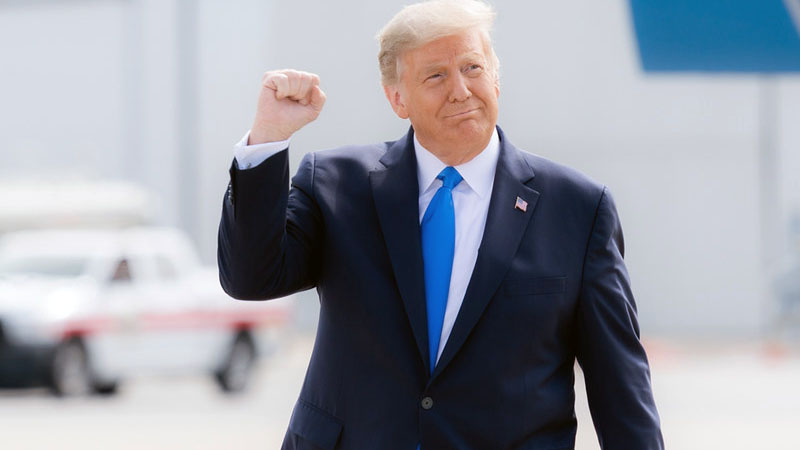WASHINGTON, D.C. — President Donald Trump may have underestimated how much financial “pain” Americans are willing to endure as a result of his sweeping tariffs on Canada, Mexico, and China, according to a new analysis by The Washington Post. Over the weekend, Trump took to social media to defend his tariff policies, writing:
“WILL THERE BE SOME PAIN? YES, MAYBE (AND MAYBE NOT!) BUT WE WILL MAKE AMERICA GREAT AGAIN, AND IT WILL ALL BE WORTH THE PRICE THAT MUST BE PAID.”
In response, Canada swiftly announced retaliatory tariffs on U.S. goods, prompting Fox News to release a list of 23 products that could see price increases for American consumers. The list includes crude oil, beer, avocados, maple syrup, ground beef, cooking oil, and cars—staples that could significantly impact household budgets.
Trump built much of his campaign rhetoric around promises to lower costs for American families, making his acknowledgment of “pain” a potential shock for some of his supporters, argued Washington Post senior political reporter Aaron Blake.
Blake cited a YouGov survey illustrating a divided public opinion on tariffs:
- 29% of Americans supported tariff increases.
- 27% wanted tariffs to remain unchanged.
- 18% preferred tariff reductions.
“But then we get to the rub,” Blake noted. He pointed out that when YouGov asked those who supported higher tariffs whether they would still back them if they led to increased prices for American consumers, only 52% of that group stood by their position.
Further complicating Trump’s tariff strategy, Blake referenced a Reuters-Ipsos poll showing that just 9% of Americans “strongly” supported increasing tariffs if it meant higher costs for consumers.
“In other words, this is something that not many Americans appear to be clamoring for nearly as much as Trump is,” Blake wrote. “And it’s also something that could catch them off-guard in a way that’s very personal to them—especially given Trump’s sales pitch treated the tariffs as a win-win with virtually no downside.”
As retaliatory measures from Canada and other trade partners take effect, the economic impact on American households will become clearer. With inflation concerns still lingering, the question remains: How much financial strain are Trump’s supporters actually willing to endure in the name of economic nationalism?
Blake concluded, “Now we find out just how much ‘pain’ his supporters are willing to tolerate.”

